How US involvement in Vietnam War influenced foreign policy decisions for 50 years
Lessons from the Vietnam War remain prism through which US views armed conflicts
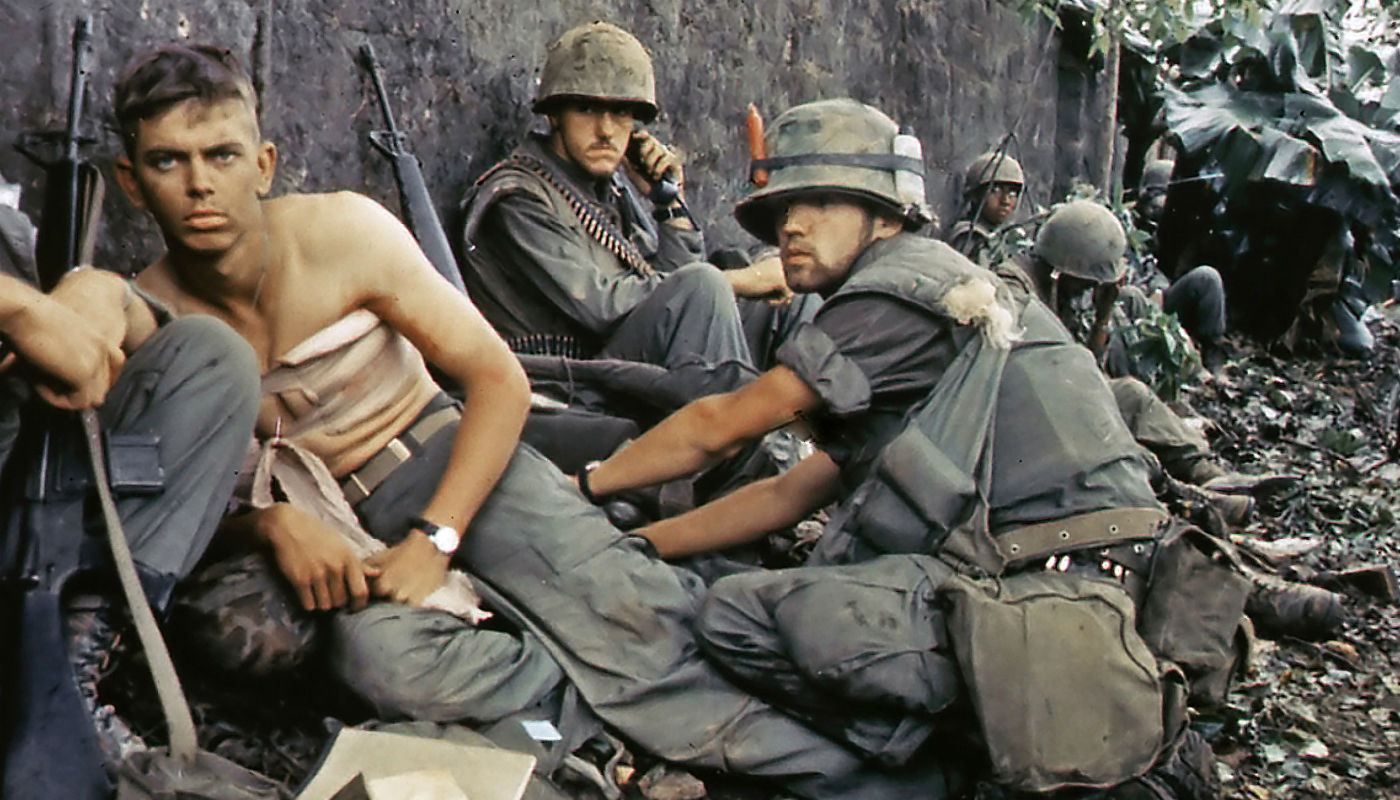
A free daily email with the biggest news stories of the day – and the best features from TheWeek.com
You are now subscribed
Your newsletter sign-up was successful
Mara Oliva, associate professor of history at the University of Reading, looks at how the Vietnam War lives on in the American political consciousness five decades after its end.
2023 marks the 50th anniversary of the US withdrawal from Vietnam and the war still casts long shadows over American life.
The cost in lives was enormous. Over almost 20 years, more than 2.7 million Americans served in uniform in the conflict, and around 58,318 lost their lives. Estimates of Vietnamese deaths are more than 3 million civilians and soldiers from both sides. Thousands of US veterans suffered from post-traumatic stress disorder and tried to readjust on their return home.
The Week
Escape your echo chamber. Get the facts behind the news, plus analysis from multiple perspectives.

Sign up for The Week's Free Newsletters
From our morning news briefing to a weekly Good News Newsletter, get the best of The Week delivered directly to your inbox.
From our morning news briefing to a weekly Good News Newsletter, get the best of The Week delivered directly to your inbox.
Americans struggled to make sense of events in Vietnam. They had to come to terms with the reality that for the first time in the country’s history, they had lost a war. Disturbing televised images of conditions on the ground and war atrocities made them question the wisdom and the morality of US foreign policy.
Vietnam had been a very different experience from the second world war. The “good war” against the fascist powers in Germany, Italy and Japan had united the country in a fight to save democracy and freedom and made it the leader of the free world. Vietnam had divided the nation and turned it into the world’s bully.
Soldiers returning from south-east Asia were received with mixed feelings: anger and hostility in some cases, but mostly indifference and a desire to forget and move on. In the decades that followed the end of the conflict, the national trauma shaped many aspects of American politics, society and culture.
Vietnam syndrome
Since the end of the Vietnam war, most Americans have looked with fear at any US intervention or use of force abroad that might end up in another long and bloody stalemate. In 1973, Congress passed the War Powers Resolution designed to limit the president’s ability to commit forces to conflicts without congressional support. This so-called Vietnam syndrome, a phrase apparently coined by President Richard Nixon, has been haunting US foreign and military policy ever since.
A free daily email with the biggest news stories of the day – and the best features from TheWeek.com
President Ronald Reagan criticised former presidents Gerald Ford and Jimmy Carter for being constrained by the ghost of Vietnam and showing weakness and overcaution in international affairs. Trying to reinvigorate US foreign policy and put Vietnam in the past, he used bold rhetoric to tell Americans to stop feeling guilty about the devastation brought about by the war and stop questioning the morality of the war because America had fought for “a noble cause”. Yet, in practice, his foreign policy was deeply influenced by persistent anxiety about getting into a new quagmire.
Reagan’s military intervention in Grenada in 1983 was wrapped in secrecy to head off any pre-emptive action by the communist dictatorship in control of the island but also to prevent an anti-interventionist Congress from leaking to the press with the prediction that Grenada was going to become another Vietnam. A year later, following the death of 241 US servicemen in Beirut barracks, Reagan withdrew US forces from Lebanon because he didn’t want to repeat the Vietnam experience in the Middle East.
Similarly, President George H.W. Bush was careful to prevent the Gulf War of 1990-91 from turning into another Vietnam. To ensure that US intervention had the moral legitimacy Vietnam had lacked, he secured UN backing and led a coalition of 35 countries to swiftly eject Iraqi forces out of Kuwait. The quick victory led Bush to declare: “By God, we have kicked the Vietnam Syndrome once and for all.” For President Bill Clinton putting US boots on the ground was an option to avoid at all costs as he declared during the 1998-99 Kosovo war.
Response to 9/11
Though very different in nature, the parallels between the recent wars in Iraq and in Afghanistan and the Vietnam war have helped ensure Vietnam’s continued relevance to foreign policy decisions. George W. Bush failed to draw lessons from Vietnam and fell into some of the same traps that the US government had encountered in Vietnam. Initial carefully targeted strikes against al-Qaida and the Taliban in Afghanistan in response to the 9/11 attacks turned into a 20-year-long war that has taken the lives of more than 2,300 US military personnel and an estimated 43,074 Afghan civilians.
Like the Pentagon Papers in 1971 which revealed the blunders and intelligence failures in Vietnam, the publication of the Afghanistan Papers by the Washington Post in December 2019 showed that the US lacked realistic objectives and a clear exit strategy in Afghanistan. They also revealed another sad parallel between the two conflicts. Military and government officials in both the Bush and Obama administrations deliberately misrepresented conditions in Afghanistan to appease an American public opinion suffering from war fatigue.
Current president Joe Biden rejected any comparison between his withdrawal from Afghanistan and the US retreat from Vietnam. His response was unequivocal: “None whatsoever. Zero.” Yet, it is impossible to look at images of desperate Afghans running alongside a plane at what was then Hamid Karzai international airport on August 31 2021, and not compare them to the image of the US helicopter perched on an apartment building, loaded with evacuees, in Saigon in 1975. Meanwhile, 50 years on, Biden is making strengthening relations with Vietnam a key part of his foreign policy agenda for Asia, building on the decades-long project of reconciliation. However, the lessons from the Vietnam war remain the prism through which US policymakers, media and public opinion often view armed conflicts.
Mara Oliva, Associate Professor of History, University of Reading
This article is republished from The Conversation under a Creative Commons license. Read the original article.
-
 The ‘ravenous’ demand for Cornish minerals
The ‘ravenous’ demand for Cornish mineralsUnder the Radar Growing need for critical minerals to power tech has intensified ‘appetite’ for lithium, which could be a ‘huge boon’ for local economy
-
 Why are election experts taking Trump’s midterm threats seriously?
Why are election experts taking Trump’s midterm threats seriously?IN THE SPOTLIGHT As the president muses about polling place deployments and a centralized electoral system aimed at one-party control, lawmakers are taking this administration at its word
-
 ‘Restaurateurs have become millionaires’
‘Restaurateurs have become millionaires’Instant Opinion Opinion, comment and editorials of the day
-
 Is Europe's defence too reliant on the US?
Is Europe's defence too reliant on the US?Today's Big Question As the UK and EU plan to 're-arm', how easy will it be to disentangle from US equipment and support?
-
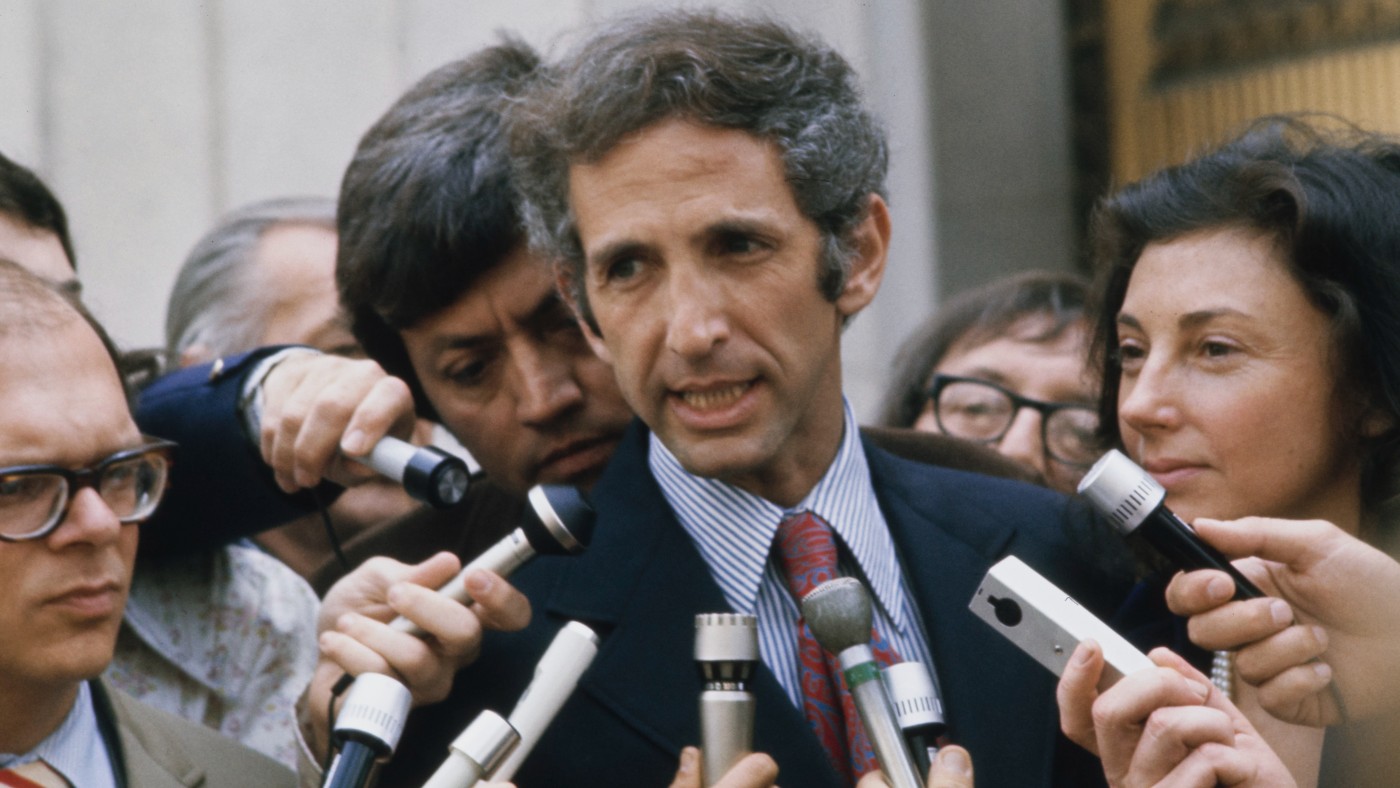 Daniel Ellsberg: whistleblower who leaked the Pentagon Papers
Daniel Ellsberg: whistleblower who leaked the Pentagon Papersfeature Once dubbed ‘the most dangerous man in America’, the official claimed never to have regretted leaking
-
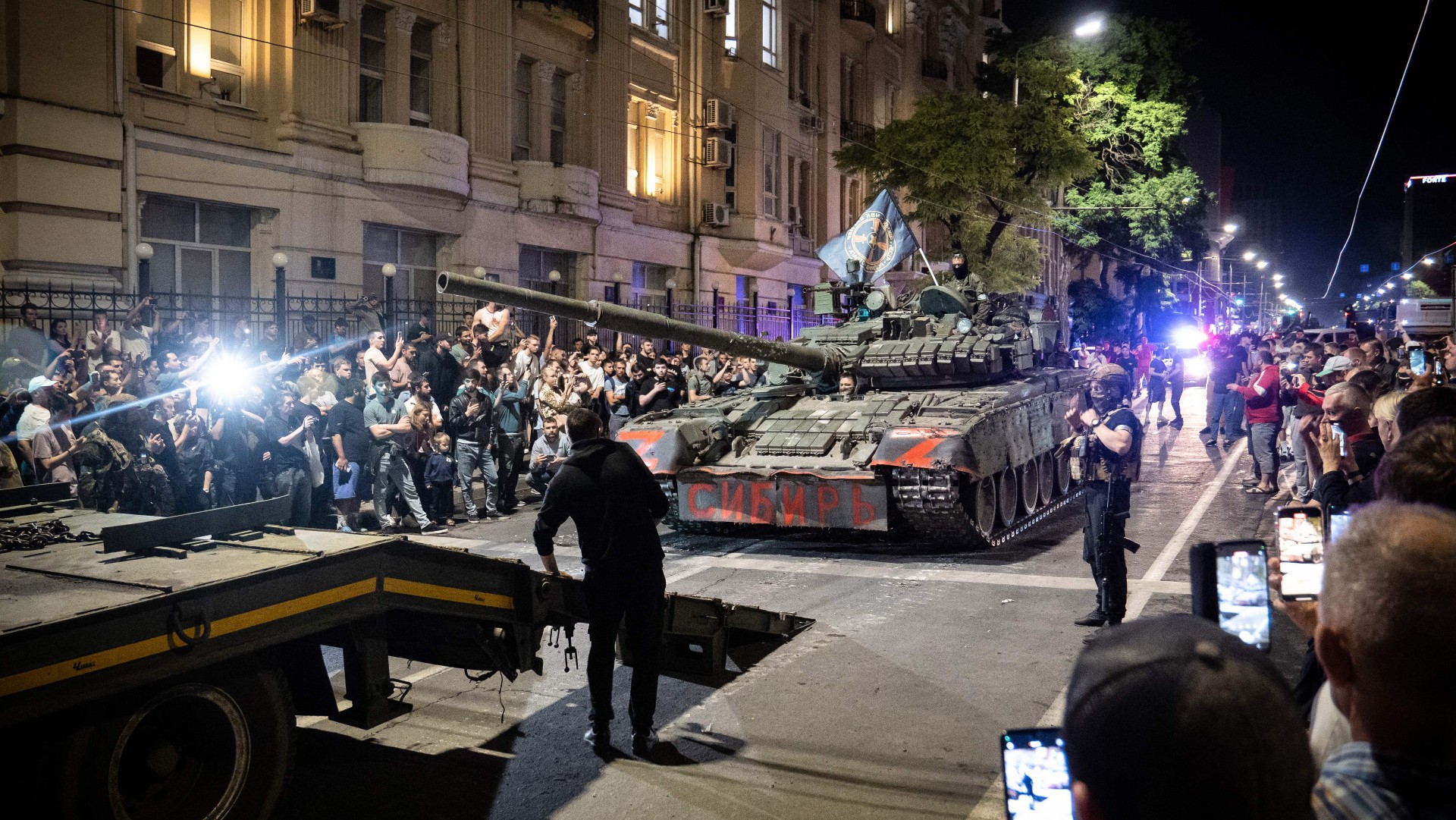 What the Wagner uprising in Russia might mean for the Ukraine war
What the Wagner uprising in Russia might mean for the Ukraine warfeature Wagner Group prominent example of simmering discontent among paramilitary forces towards Russia
-
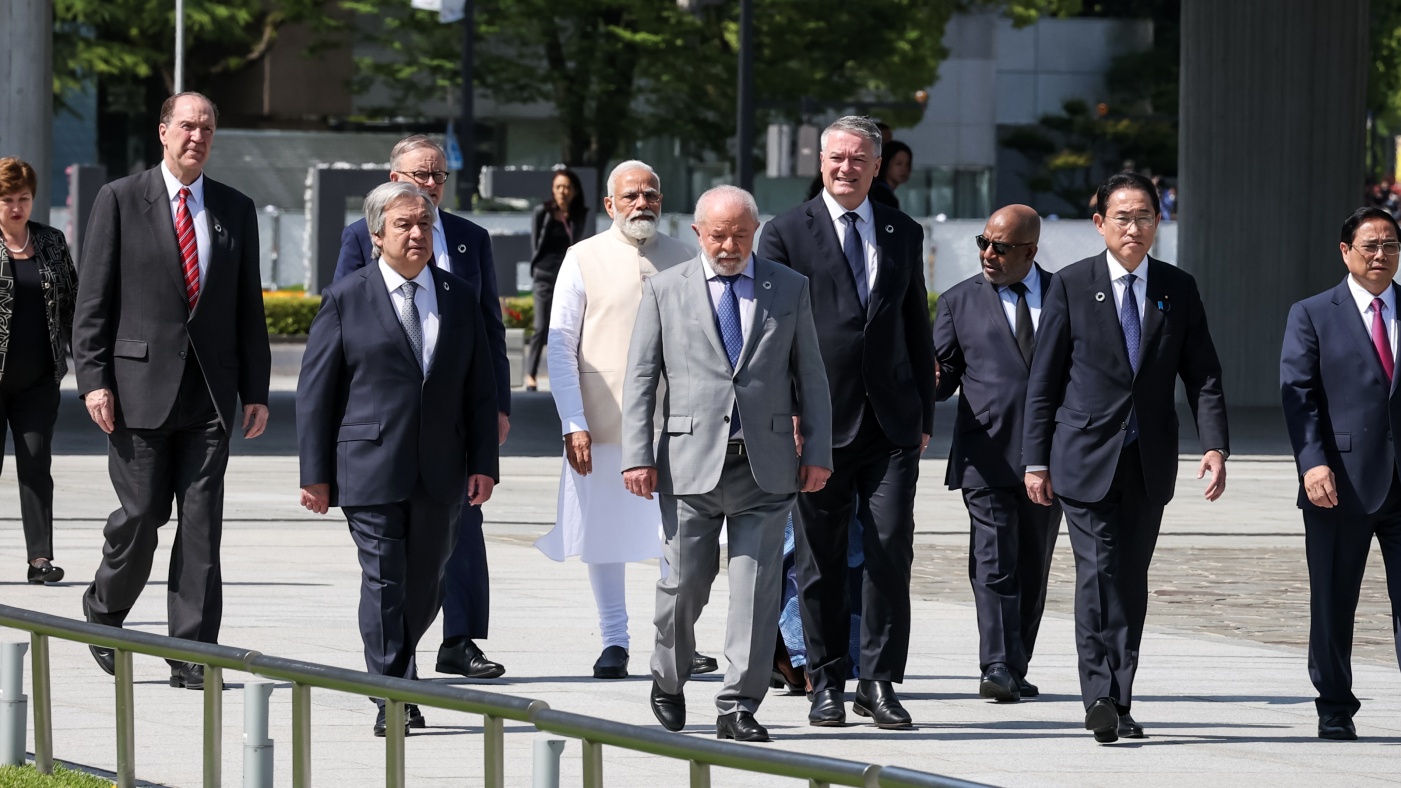 Active nonalignment: the Global South’s new foreign policy in face of Ukraine war
Active nonalignment: the Global South’s new foreign policy in face of Ukraine warfeature Approach is fuelled by increased competition between the United States and China
-
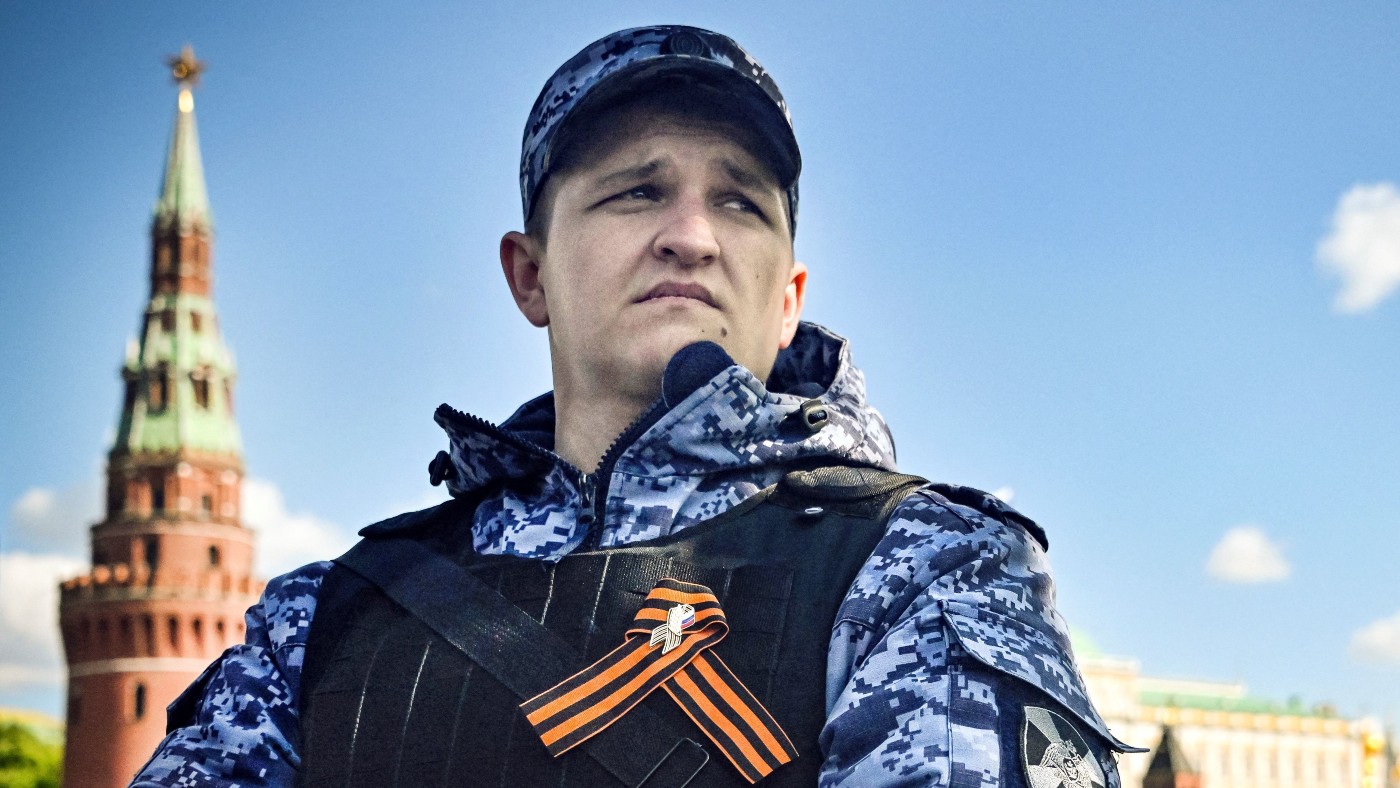 Why Russia’s appeal to ‘warrior masculinity’ is unlikely to encourage men to enlist
Why Russia’s appeal to ‘warrior masculinity’ is unlikely to encourage men to enlistfeature Pervasive views of militarism dating back to the fall of the Soviet Union are proving difficult to shake-off
-
 Overdose prevention centres: do they work?
Overdose prevention centres: do they work?feature Despite rising drug deaths, UK has been unwilling to introduce places where people can take illegally purchased drugs in a supervised environment
-
 Nation branding: how Ukraine turned advertising into a weapon
Nation branding: how Ukraine turned advertising into a weaponfeature Kyiv is the first to launch an official nation branding campaign in the midst of war
-
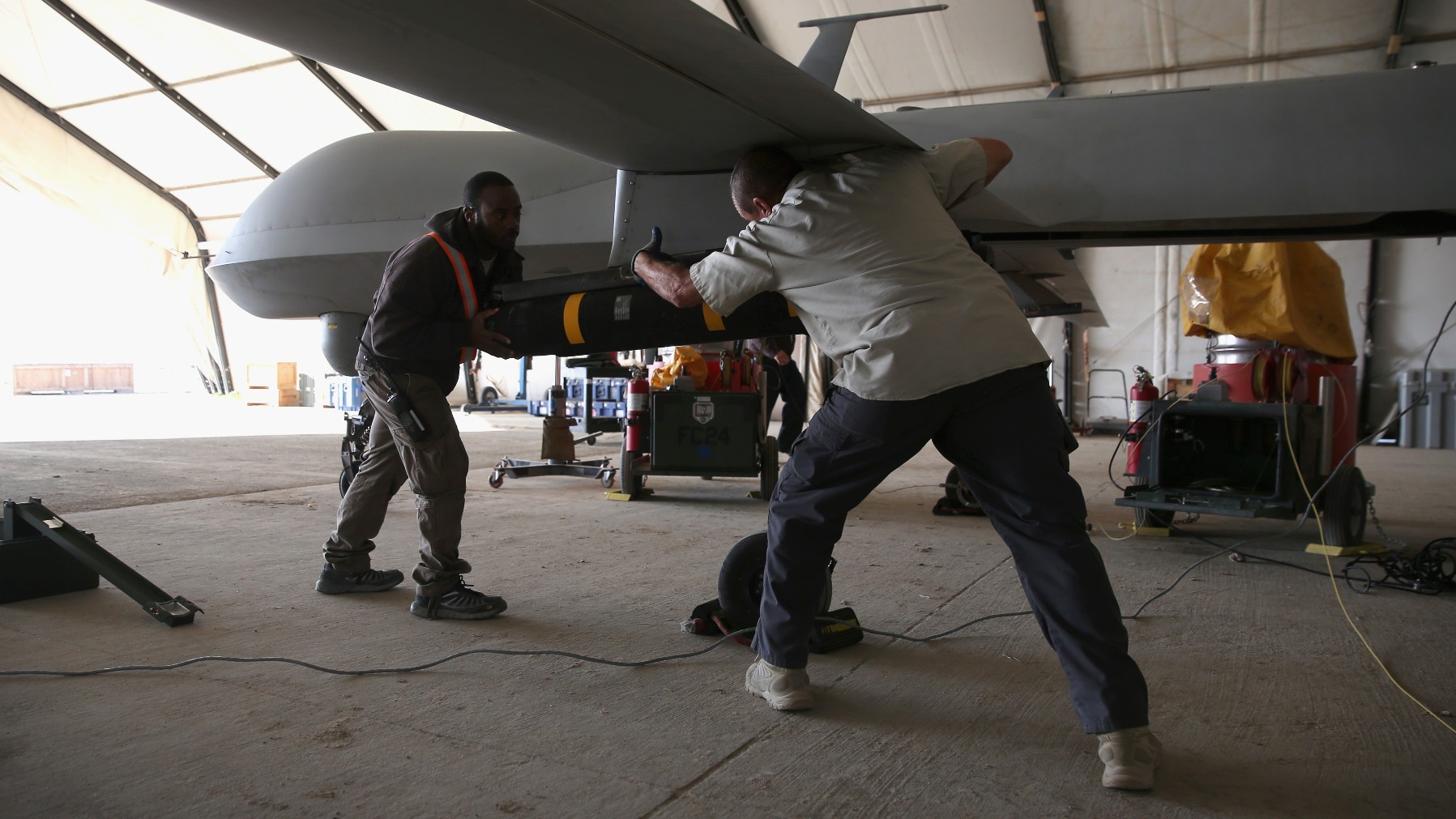 Hellfire ‘Ninja’ missile is part of a scary new generation of unregulated weapons
Hellfire ‘Ninja’ missile is part of a scary new generation of unregulated weaponsfeature Combining new weapon systems with artificial intelligence would be nightmare scenario, warns security expert